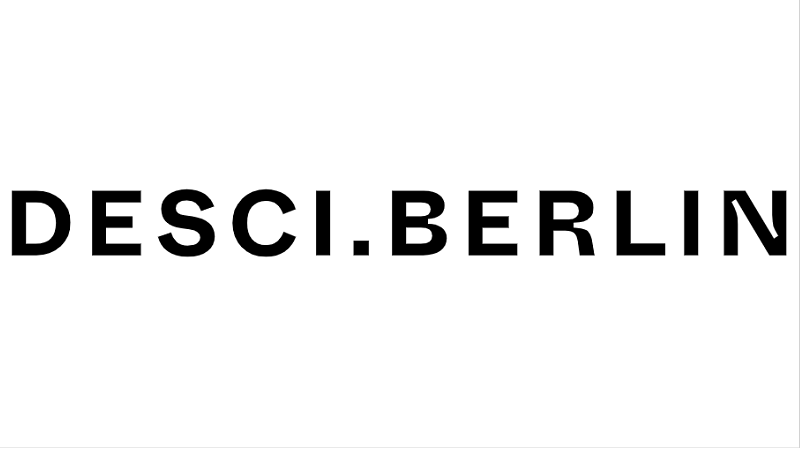The future of research funding is changing, and DeSci is set to play a key role in that. Focusing on how science will change in the future, the DeSci.Berlin event will happen on May 23 and 24.
Researchers, investors, and entrepreneurs are using blockchain tools, such as smart contracts and cryptocurrency tokens, to improve science. The work of this ever-growing community of individuals committed to accelerating scientific progress has become known as the decentralized science movement, or DeSci.
The DeSci movement is still in its still early days, but it lies at the heart of two broader trends: to change how scientific research is funded and how that knowledge is shared, and to empower people and move ownership and value away from industry intermediaries and to the community.
The goal of DeSci is to improve the flow of scientific funding, unlock knowledge sharing, combat the tendency for researchers to silo, remove the dependence on profit-motivated intermediaries including publishing conglomerates, and, in general, foster more collaboration in scientific fields.
An event focused on how science will change in the future
Aging research is one field that has embraced the DeSci movement, and this has some potentially big implications for how fast it progresses and is funded. DeSci.Berlin is an upcoming event on May 23 and 24 that is aimed at advancing and proliferating the intersection between Web3 technology and science.
This event will discuss the following topics:
- Decentralized Science and Biotech
- Biotech & Pharma
- Metascience
- Impact and Bio DAO
- DeSci & DAO Infrastructure
- Financialization of Science
- New Science Organizations
- Navigating Legal
- Cloud Labs
You can register today for the two-day in-person event in Berlin or tune into the livestream from anywhere in the world.
If you are curious and would like to learn more about DeSci, feel free to click on the topic box below.





